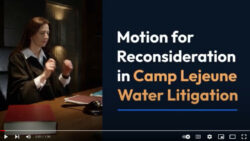Multi-District Litigation
In the intricate tapestry of the United States legal system, Multi-District Litigation (MDL) emerges as a cornerstone for managing complex cases that span multiple jurisdictions, yet hinge on similar factual questions. This procedural mechanism not only streamlines judicial processes but also embodies the delicate balance between efficiency and fairness. As we stand on the precipice of an era where legal disputes are increasingly characterized by their complexity and scope, understanding the nuances of MDL becomes imperative. What remains to be seen, however, is how this framework adapts to the ever-evolving challenges of the legal landscape, inviting a closer examination of its implications for both litigants and the judiciary.
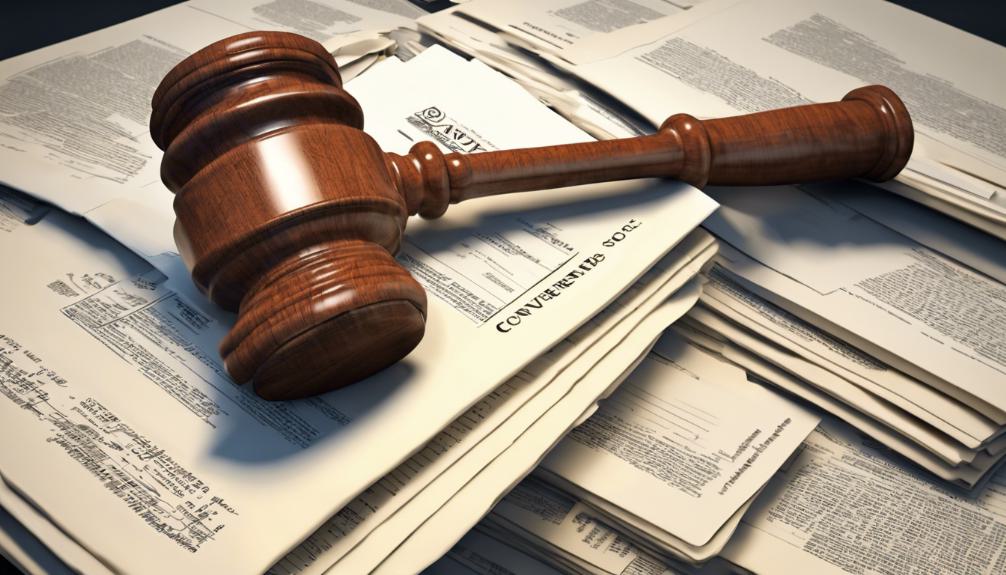
MDL Basics
Multidistrict Litigation (MDL) streamlines the legal process by consolidating multiple civil cases involving common questions of fact into a single federal district for coordinated pretrial proceedings. This mechanism is designed to increase efficiency and reduce the burden on the court system by grouping cases that share factual issues, thereby avoiding duplicate discovery and inconsistent pretrial rulings across different jurisdictions. The Judicial Panel on Multidistrict Litigation, a special body established by Congress, oversees the selection of cases for MDL and determines the appropriate venue for these consolidated proceedings. More detailed information about MDL cases and procedures can be found on the official website of the Judicial Panel on Multidistrict Litigation at jpml.uscourts.gov, serving as a resource for both legal professionals and the public.
Centralized Pretrial Process
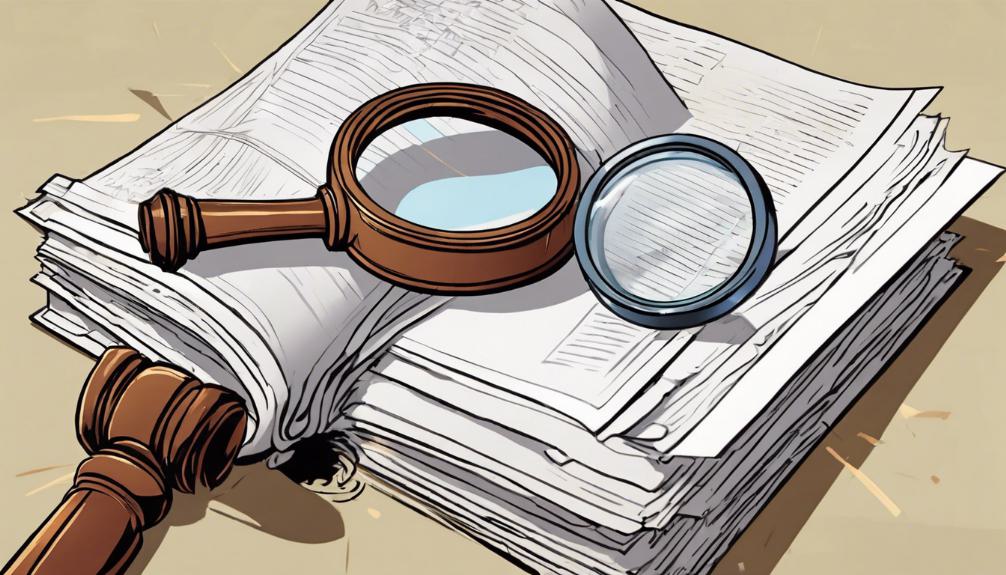
The centralized pretrial process in Multidistrict Litigation (MDL) allows for the efficient handling of complex cases by consolidating discovery, motions, and other pretrial activities in a single federal district court. This approach streamlines the litigation process, reducing duplicative efforts and inconsistencies that might arise if cases were handled separately across multiple jurisdictions. By focusing on common factual issues, the centralized pretrial process facilitates a more coordinated and coherent handling of evidence and legal arguments, significantly improving judicial efficiency. This method also benefits the parties involved by potentially lowering legal costs and expediting the resolution of disputes. Importantly, while pretrial proceedings are centralized, the consolidation does not merge the cases into a single lawsuit, preserving each case's individuality for trial.
Judicial Panel Oversight
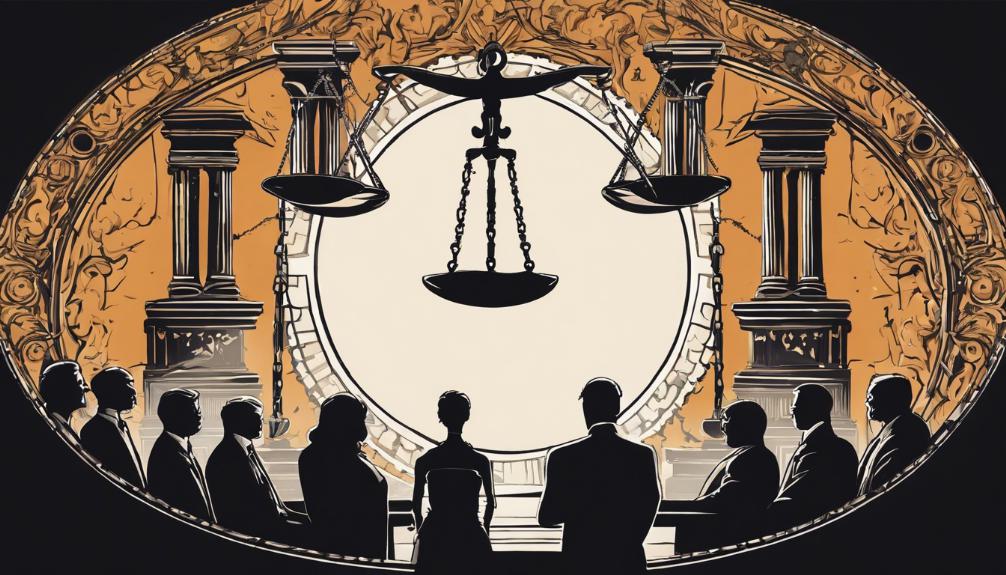
Oversight of Multidistrict Litigation (MDL) cases falls under the jurisdiction of the Judicial Panel on Multidistrict Litigation, a key entity in ensuring the efficient and fair management of these complex legal proceedings. Comprising judges from various districts, this panel determines whether cases should be consolidated under MDL and identifies the appropriate venue for such proceedings. Their responsibilities extend to selecting the judge or judges who will oversee the consolidated cases, a decision critical to maintaining procedural consistency and judicial efficiency. The panel's oversight is pivotal in streamlining pretrial processes, minimizing duplicative discovery, and avoiding conflicting rulings across different jurisdictions. Through its centralized approach, the Judicial Panel on Multidistrict Litigation plays a fundamental role in the effective administration of justice in multi-jurisdictional cases.
JPML Resources
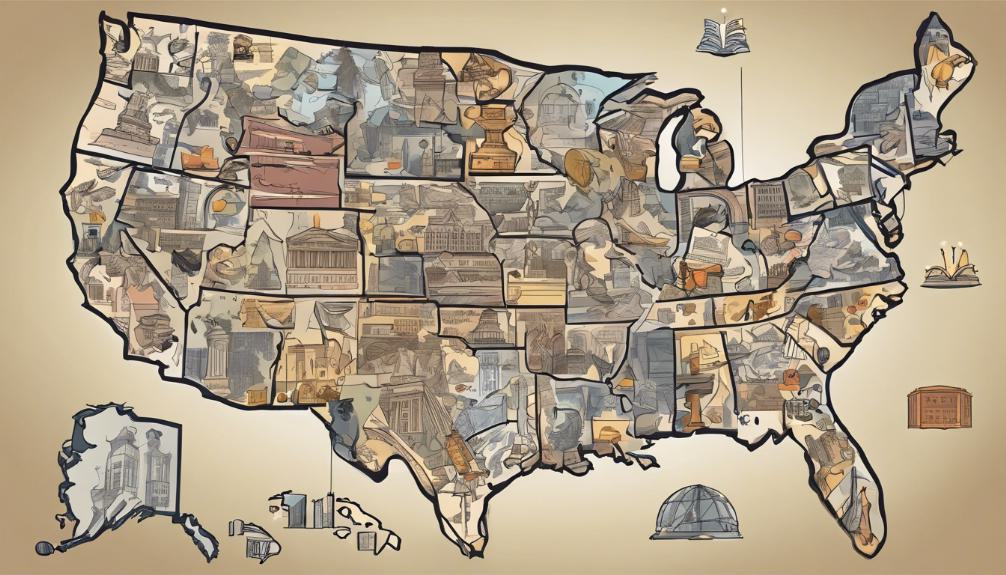
Building on the foundational role of the Judicial Panel on Multidistrict Litigation in coordinating complex legal proceedings, resources provided by the panel are essential for both legal practitioners and parties involved in MDL cases. The JPML's official website, jpml.uscourts.gov, serves as a vital hub for accessing a wealth of information pertinent to multidistrict litigation. It offers comprehensive case lists, panel orders, hearing schedules, and rules and procedures that govern MDL proceedings. This centralized repository ensures transparency and facilitates the efficient management of cases by providing immediate access to critical documents and updates. For stakeholders navigating the intricacies of MDL, these resources are invaluable for ensuring informed decision-making and effective case management.
MOVEit Data Breach Case
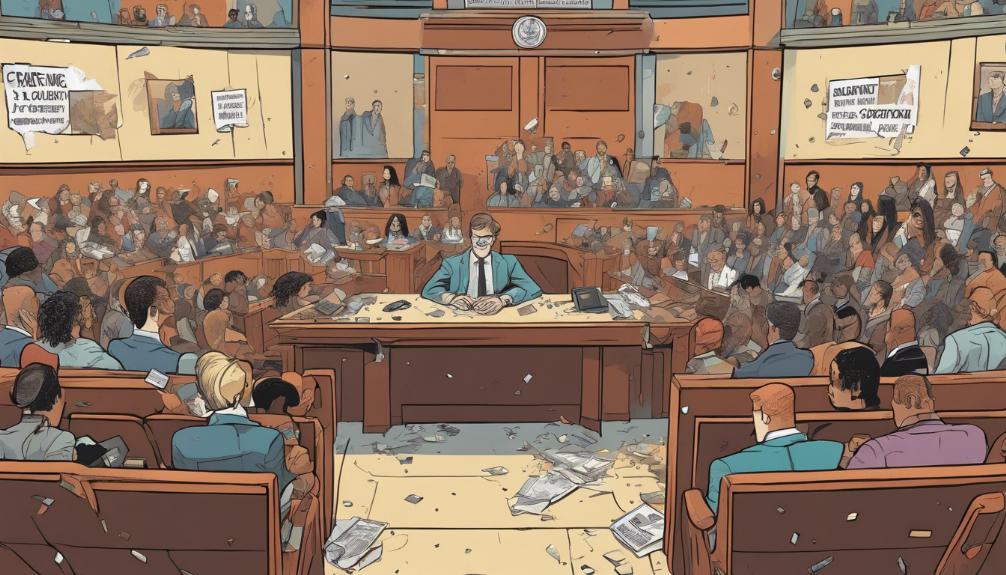
In a significant legal development, plaintiffs have initiated litigation against Progress Software Company, alleging a security breach by a Russian cybergang that compromised customer data. This case highlights the vulnerabilities in digital security and the increasing sophistication of cybercriminals, emphasizing the importance of robust cybersecurity measures for companies holding sensitive customer information. The MOVEit data breach litigation is poised to address critical questions regarding corporate responsibility and data protection standards, potentially setting precedents for future cybersecurity litigation. As this case progresses through the multi-district litigation framework, it serves as a pivotal example of how legal systems adapt to emerging challenges in the digital age, underlining the necessity for companies to fortify their cyber defenses against increasingly innovative threats.
Judge Assignments
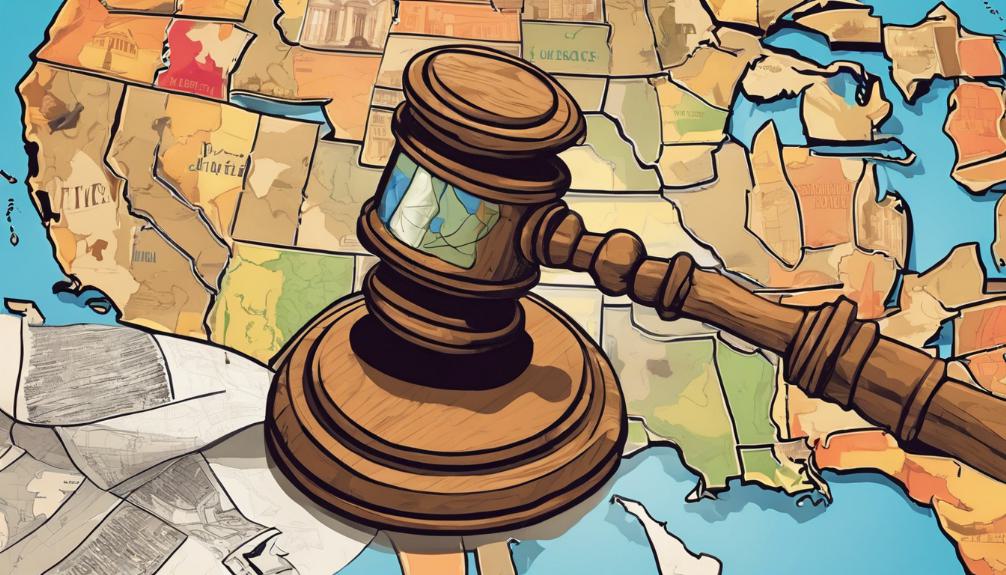
Having established the significance of the MOVEit data breach litigation, we now focus on the critical role of judge assignments in such multi-district litigation cases. The assignment of a judge in multi-district litigation (MDL) is a pivotal step that impacts the coordination, management, and resolution of the consolidated cases. Judges in MDL are tasked with managing complex legal proceedings, including pretrial motions, discovery, and potentially, settlement discussions. Their expertise and approach can significantly influence the efficiency and fairness of the process. The Judicial Panel on Multidistrict Litigation oversees the assignment of judges, ensuring that cases are placed under the stewardship of jurists with the requisite experience and capacity to handle the intricate nuances of MDL cases efficiently.
Legal Orders and Structures
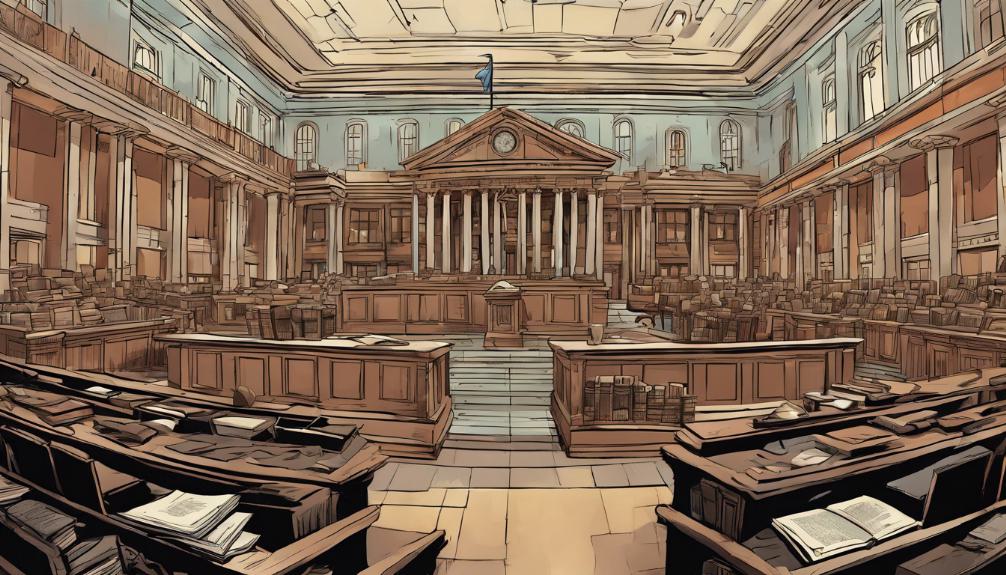
Legal orders and structures within multi-district litigation serve as the foundational mechanisms for coordinating and streamlining complex proceedings across consolidated cases. These frameworks are meticulously crafted by presiding judges, in consultation with the Judicial Panel on Multidistrict Litigation, to ensure uniformity in pretrial activities and to minimize redundancy. Central to these structures are comprehensive orders that outline procedures for case management, evidence discovery, and the appointment of leadership roles among plaintiff and defense counsel. Such orders are pivotal in maintaining orderliness and efficiency, facilitating the consolidation of efforts, and enhancing the overall coherence of the litigation process. They ensure that despite the geographical and factual diversity of the individual cases, there is a standardized approach to managing the litigation, enabling a more effective resolution of common legal questions.
Status Conferences
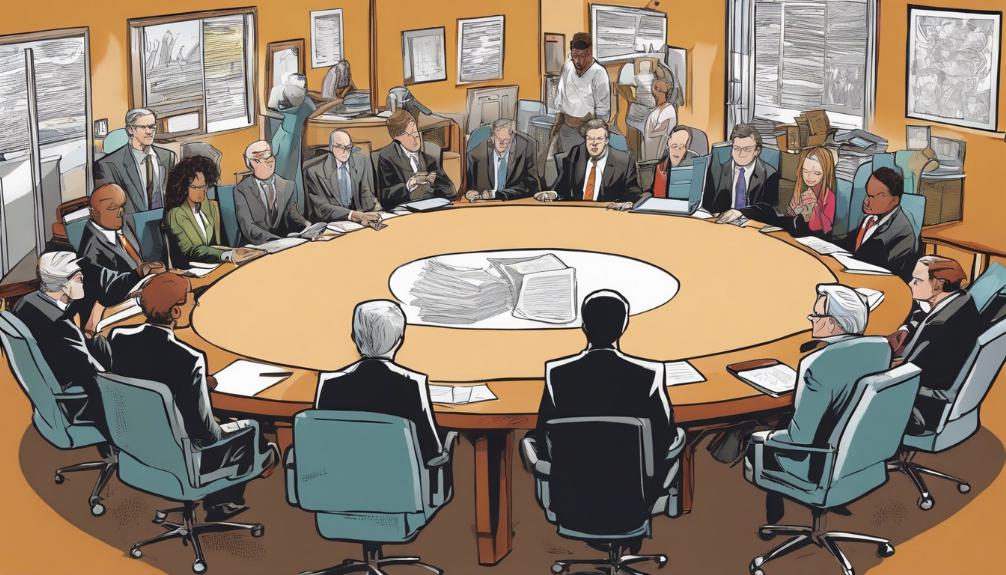
Why are status conferences a pivotal element in the progress of multi-district litigation? These conferences serve as crucial junctures where judges, plaintiffs, and defendants come together to review the progression of the case, discuss upcoming procedural steps, and address any issues that may have arisen. In the complex landscape of multi-district litigation (MDL), where numerous cases with common factual questions are consolidated, maintaining a streamlined process is essential. Status conferences provide the necessary forum for coordination and communication, ensuring that all parties are aligned on case management plans and timelines. By facilitating direct interaction among the involved parties, these conferences significantly contribute to the efficient handling and resolution of MDL cases, marking them as a cornerstone of the MDL process.
Counsel Representation
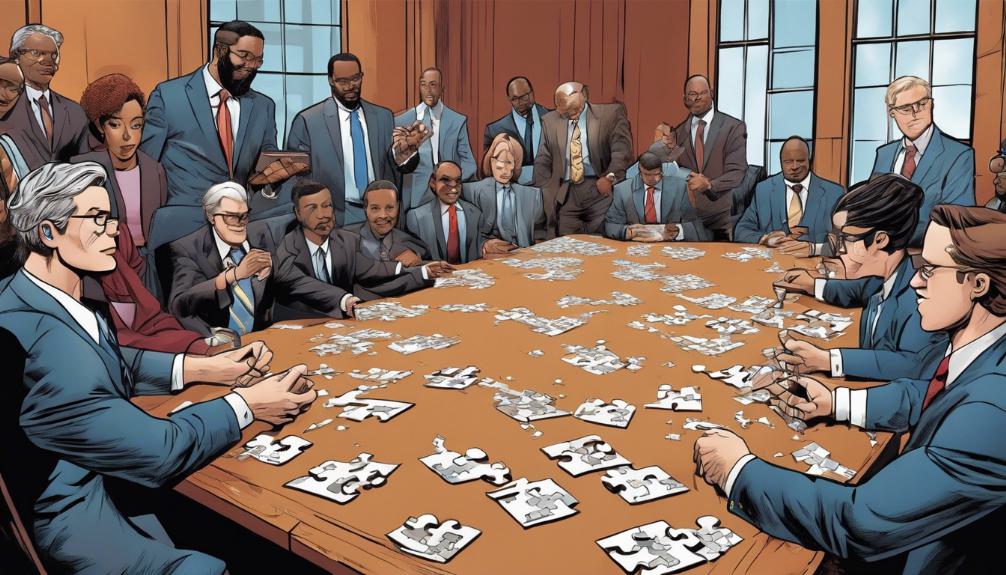
In multi-district litigation, the selection and coordination of counsel play a critical role in the overall management and success of the cases involved. Given the complexity and scale of these cases, which often encompass numerous plaintiffs across various jurisdictions, the appointment of lead counsel or a steering committee is pivotal. These selected attorneys are responsible for strategic decisions, including the filing of motions, discovery, and settlement negotiations, ensuring a cohesive and efficient approach. Moreover, their role extends to facilitating communication among all plaintiffs' counsel, which is vital for maintaining uniformity in legal arguments and proceedings. The Judicial Panel on Multidistrict Litigation (JPML) often oversees the selection process, emphasizing the importance of experience, expertise, and the ability to manage large-scale litigation effectively.
Covidien Mesh Allegations
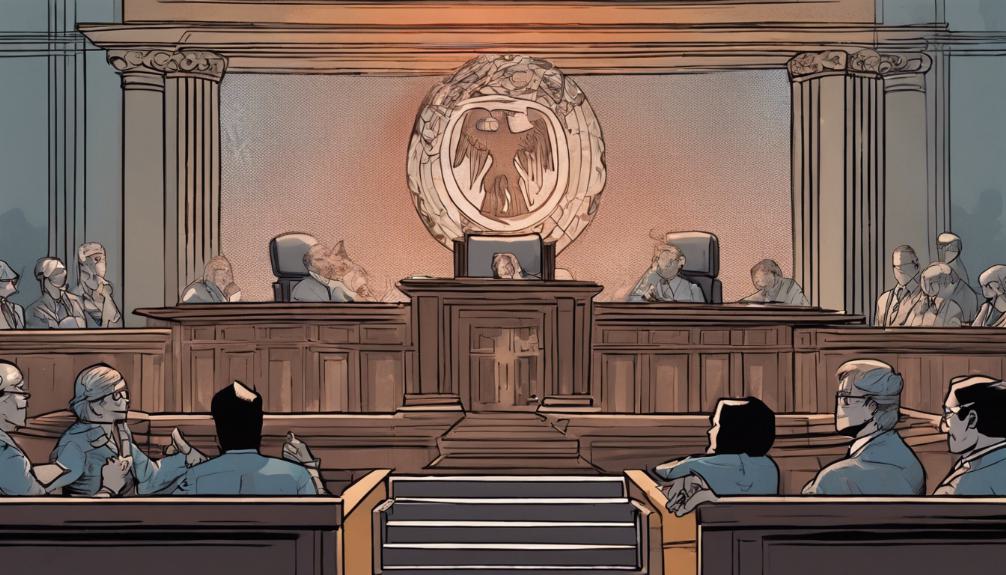
Numerous plaintiffs have brought forward allegations that Covidien misled consumers regarding the safety of its hernia mesh products. These legal actions have been consolidated into a Multi-District Litigation (MDL) framework, highlighting the complexity and widespread concern over the alleged adverse effects linked to these medical devices. Centralized under the judicial oversight of Judge Denise J. Casper, the Covidien Hernia Mesh Products Liability Litigation aims to streamline the discovery process and pretrial proceedings. This consolidation is intended to enhance judicial efficiency and ensure consistent court rulings across cases with similar factual backgrounds. Upcoming case status conferences, such as the one scheduled for December 19, 2023, are critical milestones in addressing the numerous legal challenges faced by Covidien and providing a platform for affected parties to seek redress.
Evenflo Marketing Claims
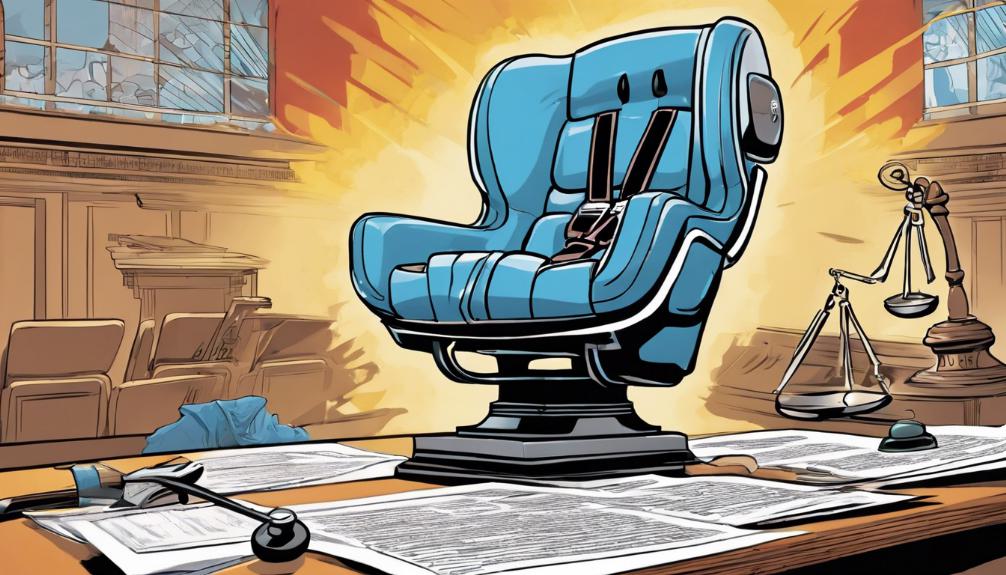
The Evenflo Company faces litigation alleging deceptive marketing practices regarding the safety of their booster seats. Plaintiffs contend that the company's promotional materials significantly overstated the efficacy and safety standards of their products, potentially endangering children. This case has been consolidated into a Multi-District Litigation (MDL) overseen by Judge Denise J. Casper, aiming to streamline the pretrial proceedings and ensure a consistent adjudication of the numerous claims. The court has issued orders regarding general provisions, case management, and the structure of the litigation. As the MDL process unfolds, upcoming court proceedings will further determine the course of action. This legal battle underscores the critical importance of accurately representing product safety in consumer marketing.
Ranbaxy Antitrust Accusations
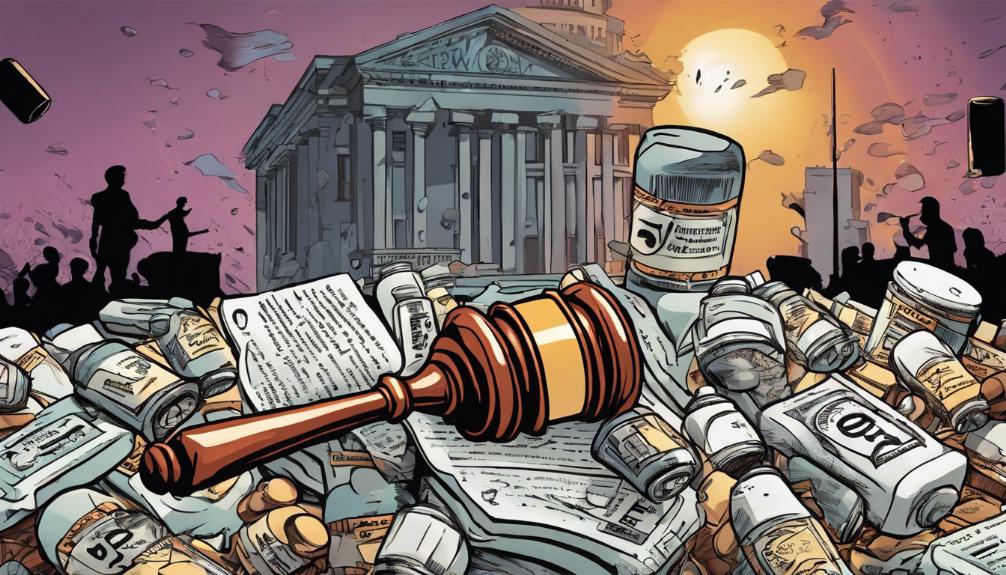
Allegations against Ranbaxy Laboratories assert the company circumvented FDA regulations in their applications for generic drug approvals, leading to a multi-district litigation overseen by Judge Nathaniel M. Gorton. These accusations have serious implications, suggesting that Ranbaxy engaged in practices that not only violated regulatory standards but also potentially compromised the integrity of the pharmaceutical industry's competitive landscape. The consolidated cases under this MDL highlight the complexities of pharmaceutical regulations and the critical role of compliance in ensuring the safety and efficacy of generic medications. The Judicial Panel on Multidistrict Litigation's decision to centralize these cases acknowledges the common factual questions involved and aims to streamline the legal process. This litigation underscores the importance of regulatory adherence in the pharmaceutical field, reflecting broader concerns about fair competition and consumer safety.
Upcoming Legal Proceedings
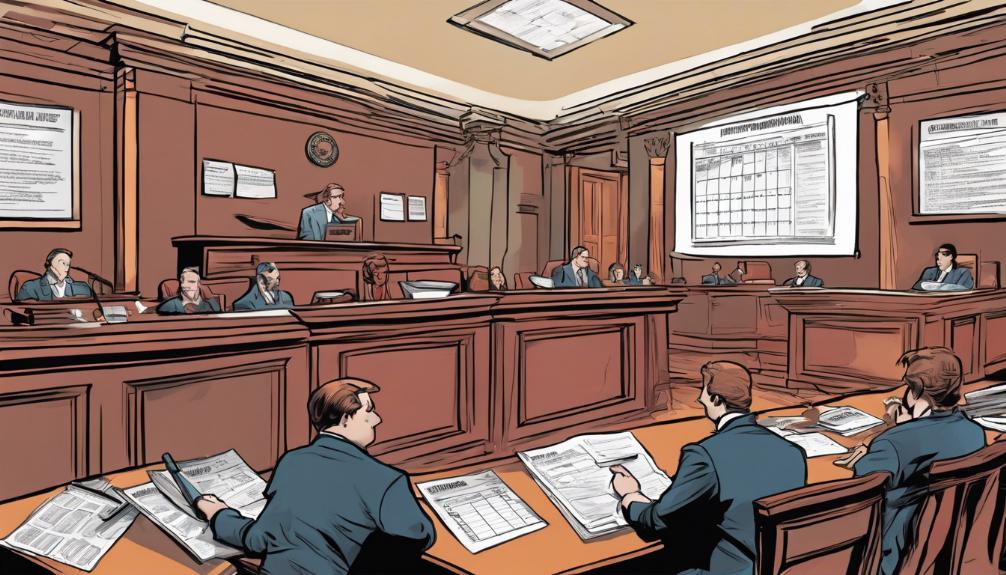
Shifting focus to the judicial calendar, upcoming legal proceedings in these multidistrict litigations promise to further illuminate the complexities of each case. The MOVEit Customer Data Security Breach Litigation approaches a critical status conference on November 30, 2023, under Judge Allison D. Burroughs, aiming to address the allegations against Progress Software Company by a Russian cybergang. Concurrently, the Covidien Hernia Mesh Products Liability Litigation, managed by Judge Denise J. Casper, schedules a case status conference for December 19, 2023, spotlighting consumer safety standards concerns. These proceedings, along with those in the Evenflo Company Marketing and Ranbaxy Generic Drug Antitrust Litigations, underscore the multifaceted nature of MDLs, guiding legal strategies, and potentially setting precedents impacting future litigation practices.
Frequently Asked Questions
How Does the MDL Process Affect the Timeline for Individual Cases Within the Litigation?
The process for managing multiple civil cases with similar factual questions can significantly impact the timeline for individual cases. By consolidating these cases for coordinated pretrial proceedings, the aim is to streamline discovery, avoid conflicting rulings, and reduce the burden on the parties and the judiciary. This centralized approach can lead to more efficient resolution of cases, although it may also result in delays for some actions due to the complexity and volume of cases involved.
What Role Do Plaintiffs' Steering Committees Play in MDL Proceedings, and How Are Members Selected?
In legal proceedings, Plaintiffs' Steering Committees (PSCs) play a pivotal role in consolidating efforts and resources to efficiently manage complex cases. Members of PSCs are typically selected based on their expertise, experience, and capacity to contribute significantly to the case's development. The selection process is overseen by the presiding judge, who evaluates the qualifications of potential members to ensure a comprehensive representation of the plaintiffs' interests and an organized approach to case management.
Can Cases That Have Gone Through MDL Pretrial Proceedings Return to Their Original Jurisdictions for Trial, and Under What Circumstances?
Cases that have undergone coordinated pretrial proceedings can indeed return to their original jurisdictions for trial. This typically occurs after the pretrial phase has concluded, and it's determined that individual trials are necessary to resolve specific factual or legal issues unique to each case. The decision to remand cases back to their originating courts is made by the presiding judge, based on the progress and outcomes of the consolidated pretrial proceedings.
How Does the Consolidation of Cases in MDL Impact the Discovery Process, Particularly in Terms of Efficiency and Cost?
The consolidation of cases significantly impacts the discovery process by enhancing efficiency and reducing costs. This streamlined approach allows for the sharing of evidence and depositions among all parties, avoiding duplication of efforts. It results in a more coordinated and comprehensive discovery phase, where resources are optimally utilized. Additionally, it can lead to a faster resolution of cases by minimizing procedural delays and encouraging cooperative strategies among involved parties.
What Measures Are in Place to Ensure Equitable Treatment and Representation of All Plaintiffs in a Multidistrict Litigation?
In legal proceedings involving multiple plaintiffs, ensuring equitable treatment and representation is paramount. Measures typically include the appointment of a plaintiffs' steering committee, which represents the interests of all plaintiffs during the litigation process. Additionally, court orders and procedural rules are established to ensure fairness in case management, discovery, and trial preparation. These mechanisms are designed to balance the scales, providing each plaintiff with an equal voice and opportunity in the pursuit of justice.

This post has been generated by AI and was not reviewed by editors. This is Not legal advice. Please consult with an attorney.

